
Gebundenes Buch
Gender and Race in U.S. Supreme Court Confirmation Hearings
17. Oktober 2023
Stanford University Press
| Broschiertes Buch | 35,99 € |

Broschiertes Buch
Gender and Race in U.S. Supreme Court Confirmation Hearings
17. Oktober 2023
Stanford University Press
Gebundenes Buch
12. Februar 2021
Oxford University Press
| eBook, ePUB | 73,95 € | |
| eBook, PDF | 73,95 € |
Ähnliche Artikel
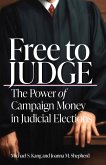
29,99 €
Versandfertig in über 4 Wochen
Gebundenes Buch
The Power of Campaign Money in Judicial Elections
22. August 2023
Stanford University Press

Gebundenes Buch
The History and Issues Explained
2nd edition
9. Mai 2023
Visible Ink Press

26,99 €
Versandfertig in über 4 Wochen
Gebundenes Buch
How the Law Ignores Menopause and What We Can Do about It
29. Oktober 2024
Stanford University Press
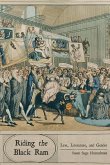
Gebundenes Buch
Law, Literature, and Gender
25. Februar 2010
Stanford University Press

Gebundenes Buch
Law, Sex Work, and Desire in Johannesburg
21. Dezember 2021
Stanford University Press
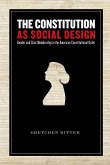
Gebundenes Buch
Gender and Civic Membership in the American Constitutional Order
22. Juni 2006
Stanford University Press
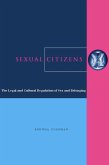
Gebundenes Buch
The Legal and Cultural Regulation of Sex and Belonging
13. Juni 2007
Stanford University Press
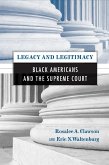
Gebundenes Buch
Dezember 2008
Temple University Press

Gebundenes Buch
Unconventional Justice in the Sunshine State
20. Februar 2018
University Press of Florida
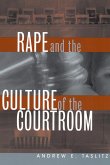
Ähnlichkeitssuche: Fact®Finder von OMIKRON
